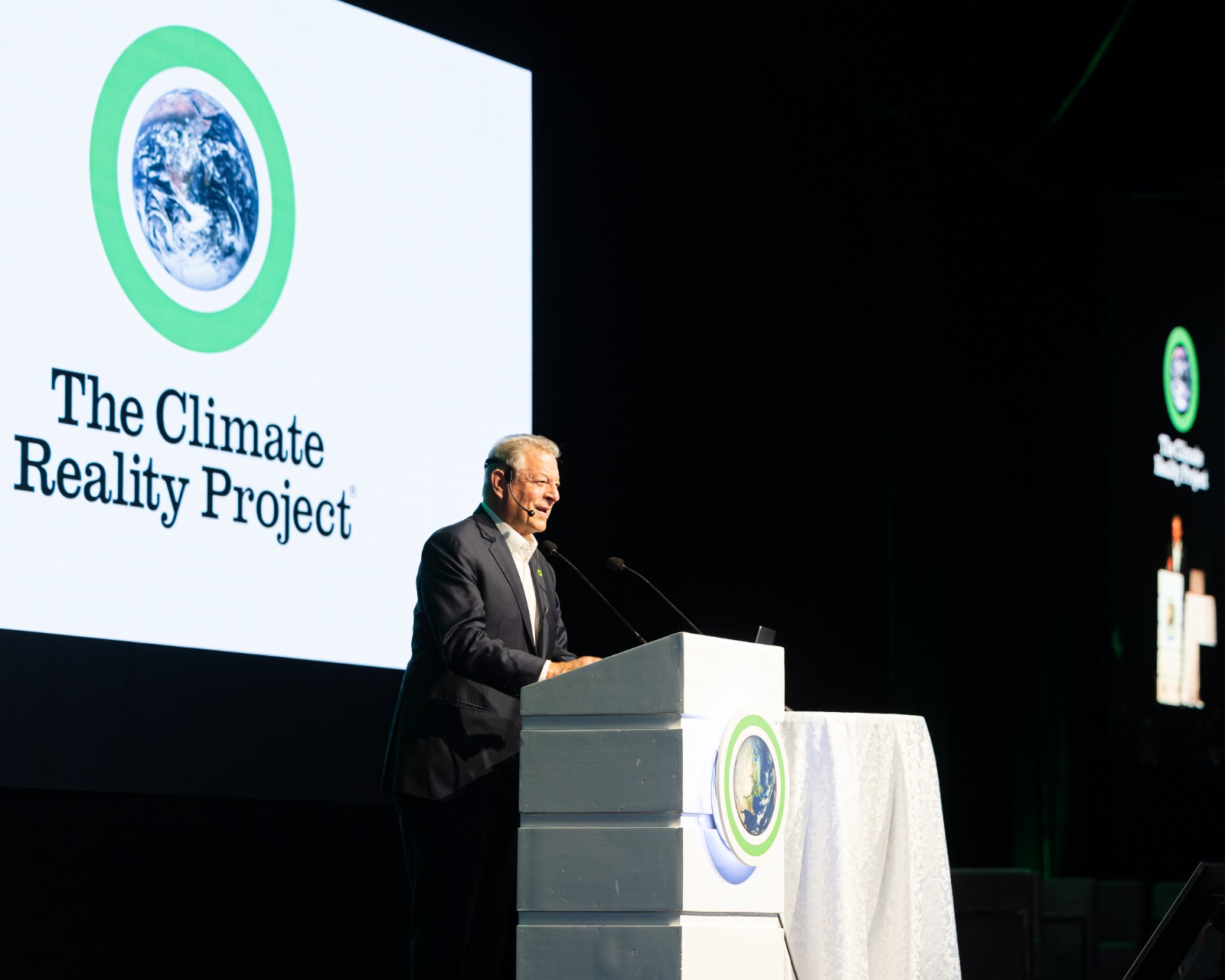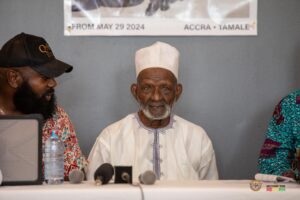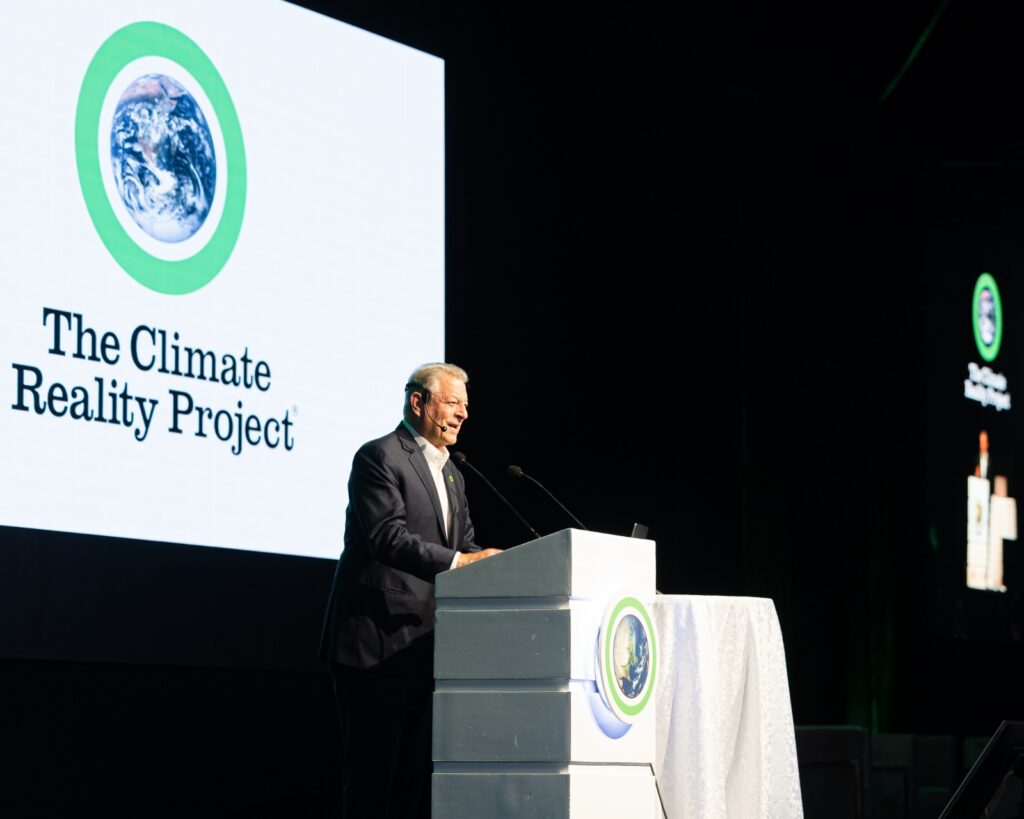
Renowned environmental advocate and former US Vice President Al Gore spearheaded the 54th Climate Reality Leadership Training program, which took place in Accra, Ghana, from November 13–15, 2023. This event marked a pivotal step in the global initiative to educate individuals worldwide about the realities of climate change and potential solutions.
Vice President Gore underscored the significance of West Africa in the battle against climate change, describing it as a region particularly susceptible to the impacts of the climate crisis. He expressed optimism about West Africa’s potential to lead the Sustainability Revolution in Africa.
During an impactful two-hour presentation at the Climate Reality Leadership Training, VP Al Gore emphasized the urgent need for a united global response to climate change. The event, organized by The Climate Reality Project and featuring insights from Phyllis Cuttino, the President, and CEO of the organization, shed light on Africa’s unique challenges and its pivotal role in combating the climate crisis.
Cuttino revealed a stark truth—Africa contributes less than 3% of global carbon emissions, yet it disproportionately bears the brunt of climate change effects. With 600 million people lacking access to electricity, the region faces unique challenges in achieving sustainable development. Despite these obstacles, Ghana is striving for 100% access to electricity by 2030.
A significant disparity exists in clean energy jobs, with Africa having only 300,000 out of the global 12 million. Despite being home to 60% of the world’s premier solar energy resource, Africa currently utilizes only 1% of solar energy. The Climate Reality Project, initiated in 2006, aims to rectify these imbalances and catalyze global solutions to the climate crisis. The organization has trained nearly 50,000 Climate Reality leaders worldwide, with 2000 leaders based in Africa. Goals include reducing global gas emissions, building a clean energy future, financing a just transition, countering misinformation, and strengthening international cooperation.
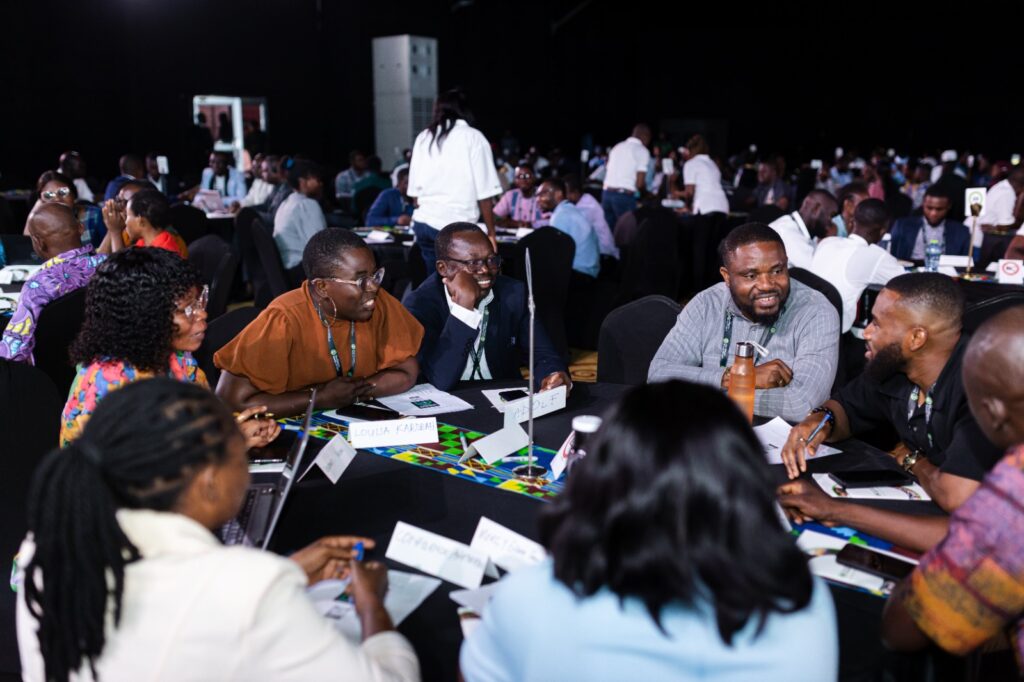
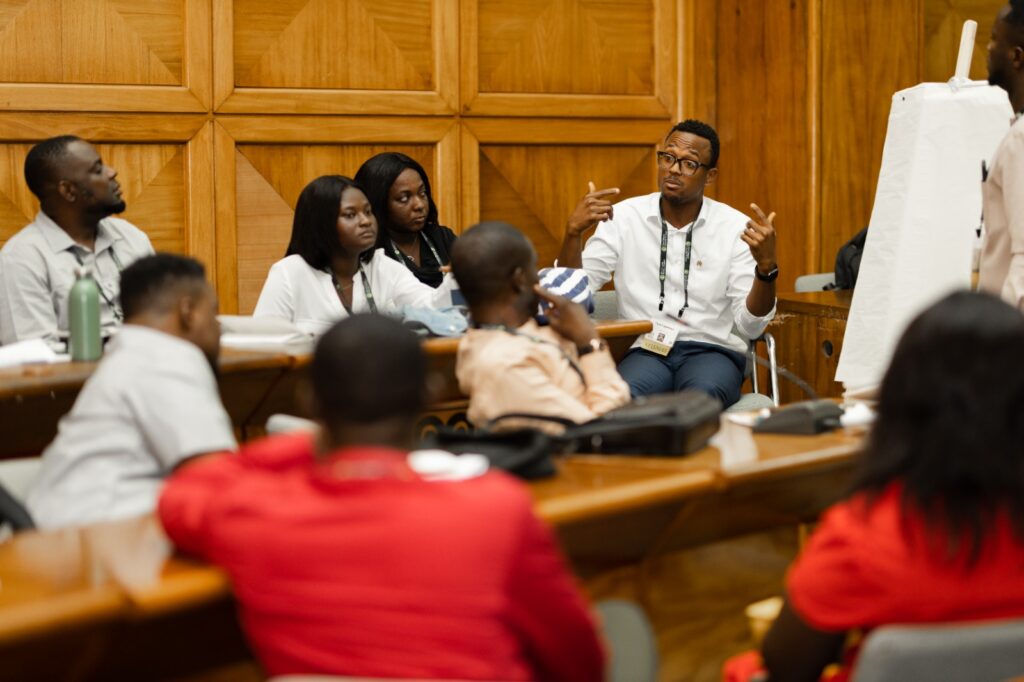
Al Gore’s keynote address delved into the alarming reality of climate change, highlighting human impact and presenting data revealing that 21 of the 22 hottest years on record occurred since 2000. He explored regional climate trends, citing Ghana’s warmest October on record and warning of the increasing frequency of dangerously high temperatures with potential devastating consequences for West African communities by 2050.
The link between climate change, deforestation, and extreme weather events was emphasized. Disasters such as floods and storms displaced hundreds of thousands in countries like Somalia, Ghana, Libya, Senegal, Nigeria, Ivory Coast, and Sierra Leone. West Africa’s deadly storms were found to be 80 times more likely due to human-caused climate change.
Al Gore highlighted the vulnerability of West Africa to rising sea levels, affecting 117 million people by 2030. The global food system’s inequalities were exposed, with North and South America experiencing surpluses while Africa faced deficits, risking a multi-bread basket failure.
Burning fossil fuels contributes to air pollution, causing severe health issues. Alarming statistics revealed that 8.7 million people die annually due to air pollution. In Ghana, air pollution is projected to quadruple by 2050, posing significant risks to the population.
Al Gore stressed the urgency of taking action to combat climate change, discussing the economic and environmental costs of the climate crisis. He emphasized the need for increased climate finance in Africa and the importance of transitioning to renewable energy sources like solar and wind.
The West Africa Climate Reality Leadership Training event provided a sobering look at the challenges and opportunities in the region’s fight against climate change. The call to action is clear—a collective effort is required to address disparities, implement sustainable solutions, and mitigate the severe consequences of the climate crisis.
Story by Ivy Prosper




